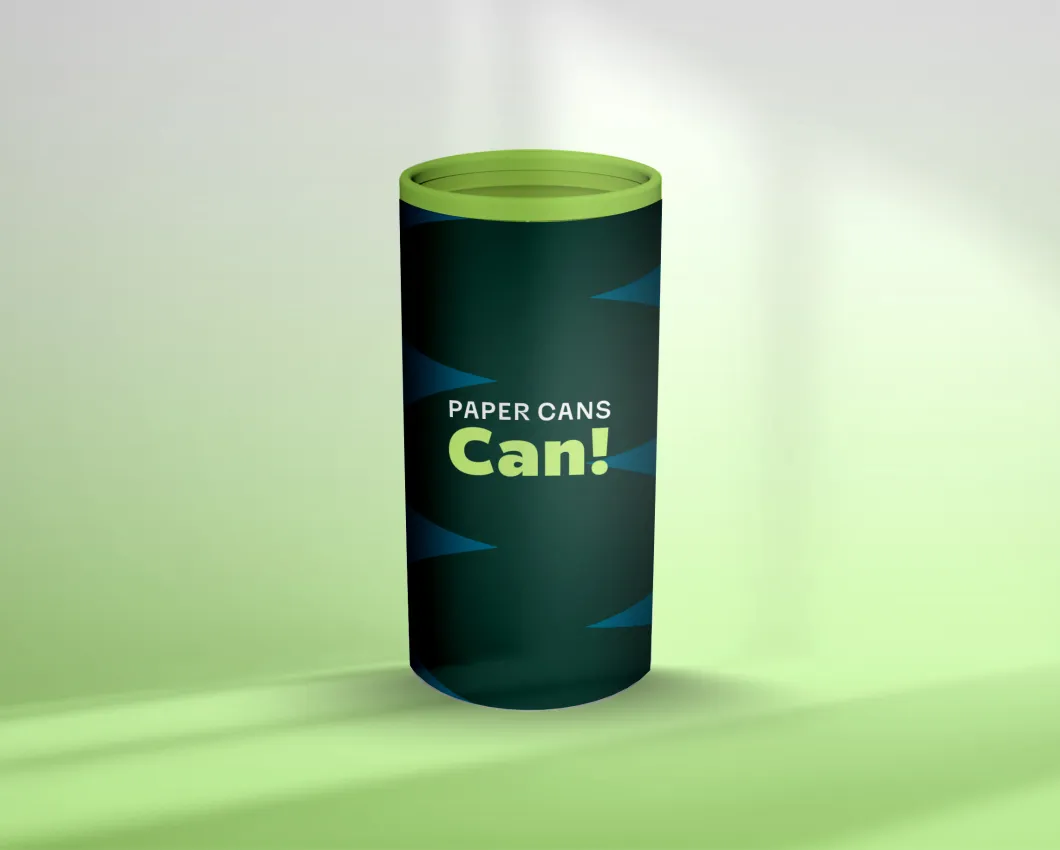
April 14, 2024
Research
Paper cans are a vital source of recycled content for paper products. When the paper cans are recycled, there is a significant reduction in climate impact or CO2 equivalent emissions.
New to American markets, these all-paper cans play an important role in the consumer packaging industry, used to package snacks, spices, coffee and baked goods, and many other consumer foods and staples.
- Paper cans provide superb physical protection of products throughout transportation and storage as well as extended product shelf life by using high moisture and oxygen barrier materials.
- The cans are comprised predominantly of paper but also consist of a heat-sealable foil or metalized film liner, a laminated or metal top closure, and a laminated paper bottom end. A paper or plastic lid may be included for reclose.
- Innovative and sustainable designs for the can, include the replacement of metal and plastic components with paper-based structures for the top and bottom ends and lids.
Paper cans are a vital source of recycled content for paper products. When the paper cans are recycled, there is a significant reduction in climate impact or CO2 equivalent emissions.
Benefits of using all-paper cans
- High Recyclability
All-paper cans are highly recyclable, contributing significantly to environmental sustainability. These containers, primarily made from recycled content, help reduce greenhouse gas emissions when recycled instead of being landfilled. This recycling process is crucial for minimizing the environmental impact of paper waste by preventing methane and carbon dioxide emissions during decomposition.
- Advancements in Recycling Technology
Recent technological advancements in sorting and recycling processes enhance the efficiency of recycling paper cans. Innovations such as Near Infrared (NIR) technology, AI/neural network robotics, and digital watermarking have improved the identification and separation of paper cans in recycling streams. These technologies enable higher recovery rates and better-quality recycling, ensuring that more materials are effectively recycled and fewer are mistakenly sent to landfills.
- Importance of Proper Disposal and Collection Systems
Both consumers and recyclers benefit from understanding the importance of proper disposal and effective collection systems. Consumers play a critical role by disposing of paper containers correctly according to local recycling guidelines, which often support curbside collection. For recyclers, enhancing the effectiveness of collection and sortation systems is vital for increasing the volume of materials recovered and ensuring that they are processed into high-quality recycled products.